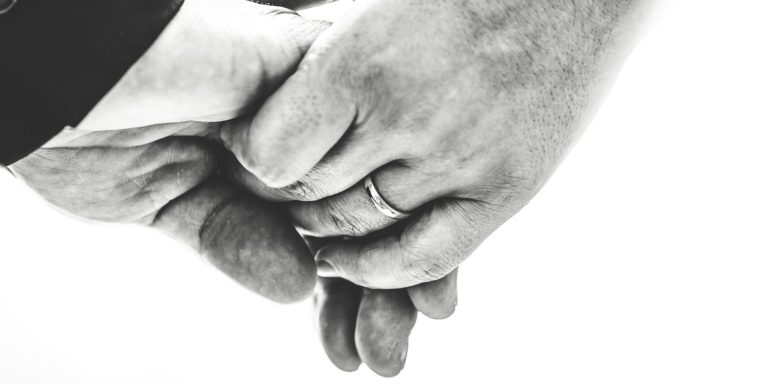
Allowing sufficiency in yourself and others
Links in some blog posts may earn a commission for The Brain Cleanup Coach.
sufficient: enough, adequate
From a Latin verb meaning “to meet the need”.
Do you allow others to be sufficient? Do you allow yourself to be sufficient?
I’m sure you’ve come across the term “I am enough”. It’s popular in the self-help, therapy, and coaching communities.
The opposite of this concept is not being enough, not being sufficient. Somewhere along the line we humans got it into our heads that we are lacking in our sufficiency. We decided that simply being ourselves wasn’t good enough.
We also confused the concept of sufficiency with the concept of self-improvement. We assumed that in order to drive ourselves to become more evolved versions of ourselves, we have to feel dissatisfaction, shame, and guilt about the current version of who we are.
Now dissatisfaction, shame, and guilt can be motivating emotions, but when we start our self evolution from those emotions, we are starting from a deficit.
Imagine that you were challenged to climb a very tall ladder. Starting from a sufficient place would be starting your climb from the ground. Starting from an insufficient place, in other words from a place of negative self judgment, would be like starting from a pit deep it in the ground you would have to climb out of first before you could even try to climb the ladder.
The point here is that you can be happy with yourself, and still evolve into a higher version of yourself. You don’t have to start from a deficit. You can allow what currently is, not judge it as wrong, yet still decide to change it.
If you can get yourself into a mindset of approaching yourself that way, you will start to approach others that way. Rather than focusing on everything “wrong” with other humans, you will start to recognize their sufficiency as they are. If your brain is placing them into a deficit because of its judgments about them, that’s not coming from their insufficiency. That’s coming from within you, and your definition of what is sufficient and what is not.
Applying this to disease
So thinking about sufficiency, and conversely insufficiency when it comes to physical health and disease, how can we apply this concept to ourselves and those we love?
Well, if we or someone we love is diagnosed with something, we immediately place ourselves in that pit.
Immediately the enoughness, the adequateness, the sufficiency of the situation has changed. At least that’s how we’re taught to look at it. And while from a physical perspective yes, if disfunction is taking root it’s good to recognize how the needs of the body are no longer being met. But that does not change the inherent worth of the person. It does not mean they are no longer adequate in the life of others, or for themselves.
There is a physical error to be corrected, or a new way of being to be incorporated into life, but sufficiency has not been stripped away.
Sufficiency or lack thereof is a concept of the mind, a decision in a human brain to either believe in the value of something, or to not. Unfortunately in modern society we begin to doubt the value of humans when they become diseased, especially if they are aged.
They are no longer viewed as sufficient as they are, but are moved into the space of being an inefficient burden. And in doing that a bleak story is created in the minds of people who view things this way, because they know eventually age and disease will come knocking on their door as well.
I would love to change the societal dynamics around this. Would you? I know it seems like a tall order, but small changes can have big impact. And those small changes always start in someone’s mind.
I think that if we changed our collective mindset to still view diseased people, including those dealing with neurological issues like dementia, as sufficient, as enough as they are, we could radically change the human experience. Not only would we change the way we care for diseased people, but we would change the stories and expectations in young minds as well, and growing older would not be something to be terrified of.
What if the final years of life, no matter what, were celebrated and honored? I think if that were the case people would relax a lot more in mid-life, not fear the aging of their loved ones as much, and not fear what older age had in store for them.
Sounds kind of nice, right?
Want to have a conversation about this? Click here to schedule one with me.




